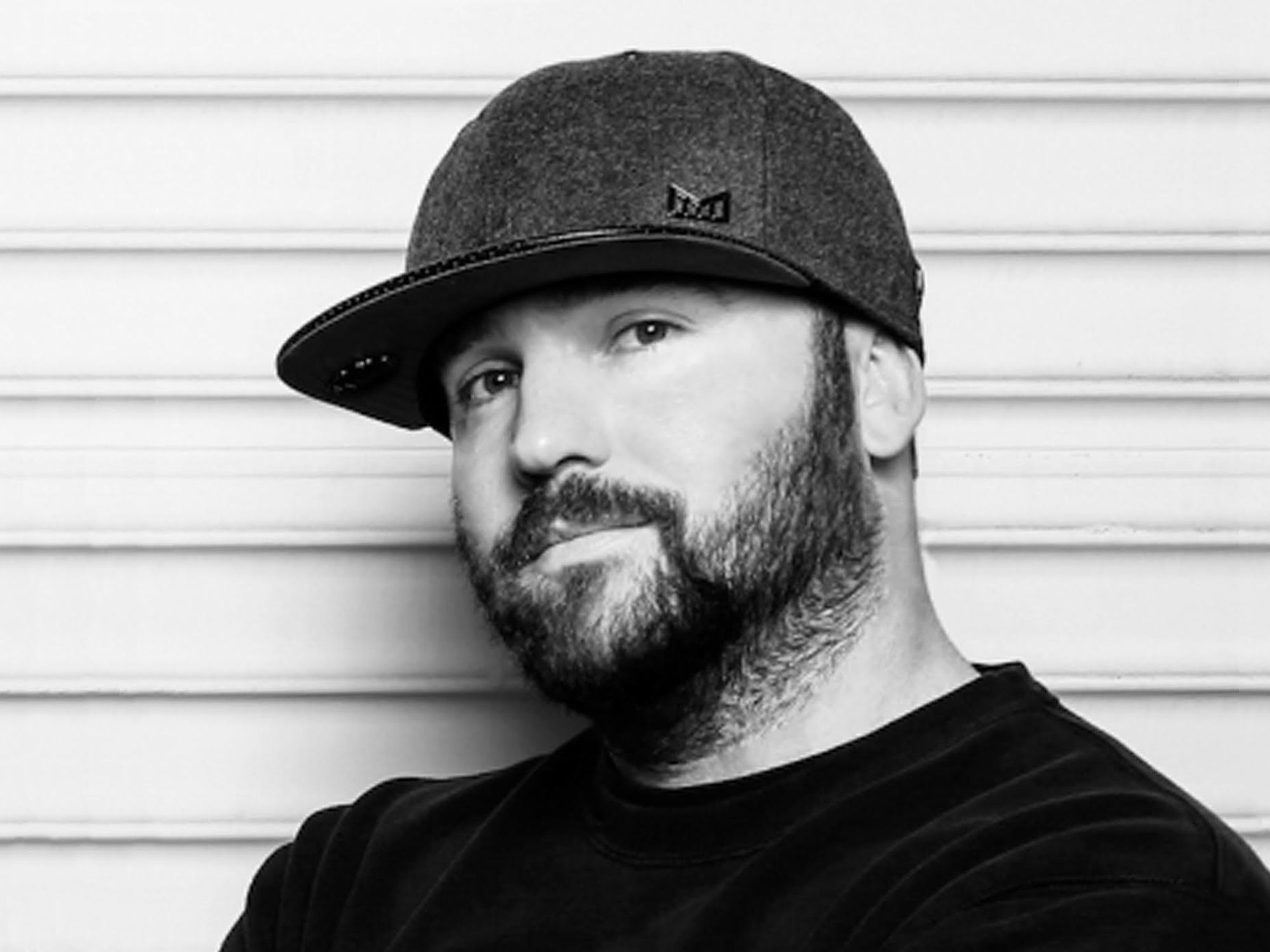‘Don’t Lose the Stupid Way’: Melin Hats Co-Founder Brian McDonell on Building a Business

Brain McDonell didn’t have the stereotypical rags-to-riches story.
On this episode of PCH Driven, the Melin Hats co-founder joins the show to talk about losing everything, working when he was young and how he built his company.
With his dad as a successful entrepreneur, an 11-year-old McDonell got to experience family vacations at ski resorts and having family outings in Cabo, Mexico. But that all changed when his father’s business went bankrupt and the family was forced to sell off everything.
“I remember going to my parents at one point and saying, I want to go to the movies, and I would just go to them expecting to get some money… And my mom put her head down, she goes, ‘We're not going to have money for a while’,” said McDonell.
Without totally understanding what had happened, McDonell promised he would never let this happen to his family again; he began hustling.
Today, McDonell is the co-founder of a premium baseball hat company called Melin Hats.
His idea came out of a problem that bedevils baseball cap wearers: the funky smell and sweat stains that accompany heavy use.
“I really want to solve [problems] like the sweat stains and like the product integrity of the shape… that basically we could make the hat stay looking and smelling and feeling new, much, much longer,” said McDonell.
Building in features like a moisture-wicking lining that would actually draw the sweat off your forehead.
McDonell said he wasn’t always the smartest or most athletic person in the room, but he was always careful with his decisions and did everything possible to reduce risk, including vetting everyone he works with.
“Don't lose the stupid way,” he advised. “If the business idea was wrong. Fine. Be judged for that. But don't die off in some random, silly circumstance,” said McDonell.
Now a father, McDonell thinks often about what he’d want his own son to learn from him. He acknowledged that making a business will always come with many challenges, but he hopes those will become teachable moments.
“I think just having the aptitude to understand that everything in life is within our control, so long as we're committed to the outcome that we desire, and how [we] treat people.”
Subscribe to PCH Driven on Apple, Stitcher, Spotify, iHeart, Google or wherever you get your podcasts.
dot.LA Engagement Fellow Joshua Letona contributed to this post.



 Image Source: Revel
Image Source: Revel
